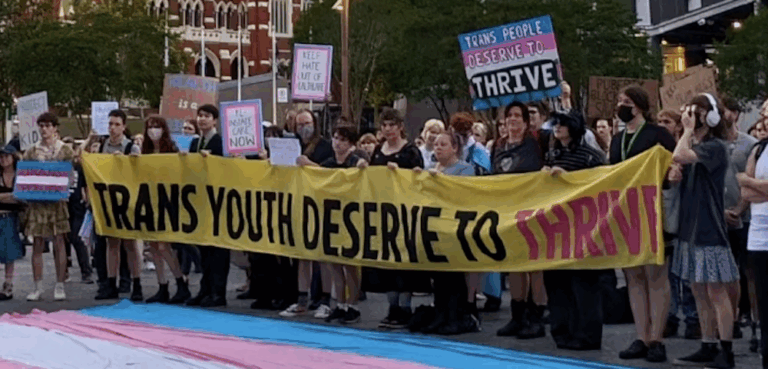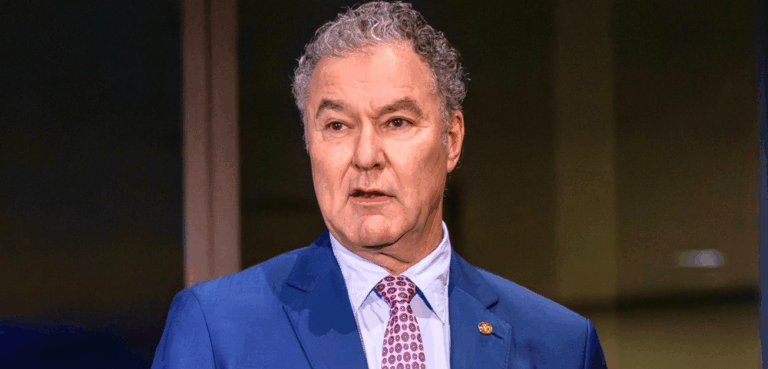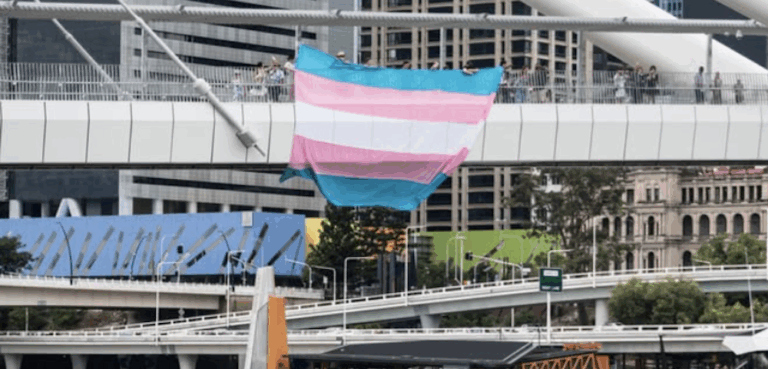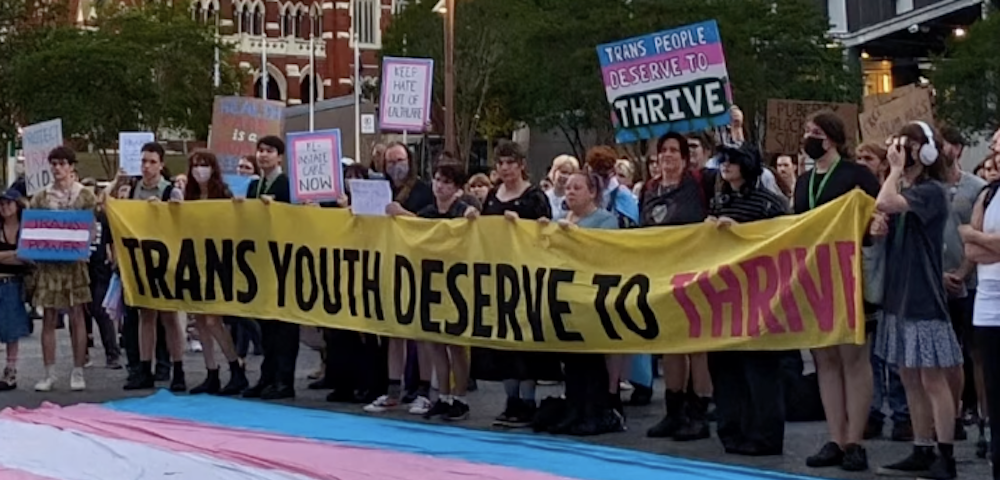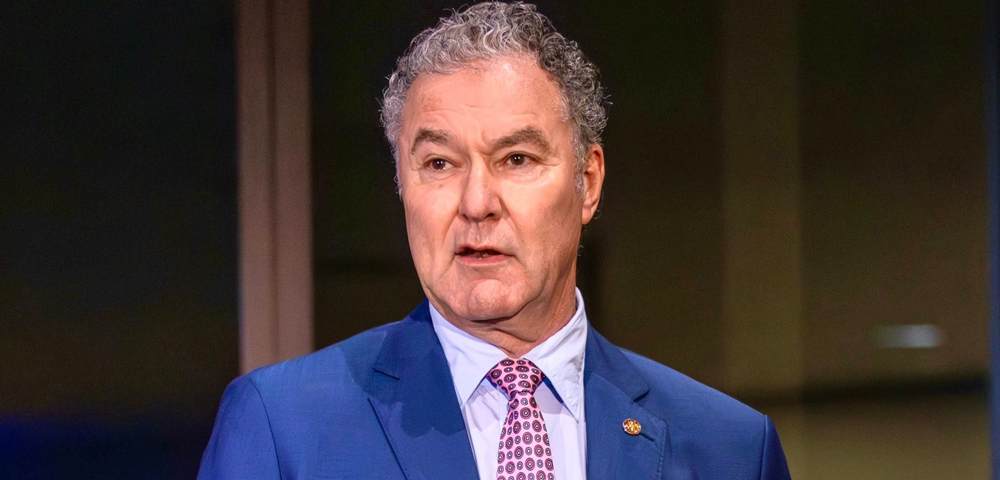
Queensland Set To Decriminalise Sex Work

Queensland has committed to decriminalising sex work, following the release of an industry-wide review from the state’s Law Reform Commission.
The report, published on April 24, finds that the existing systems in place continue to disparage sex work and prevent individual workers from accessing essential protections inherent to all other working industries.
Current Laws Inhibit Individuals
It states that the current laws are “difficult to comply with,” and “inhibit individuals from accessing basic work rights,” further stating that they “isolate workers and create barriers to accessing health, safety, and legal protections.”
“The Queensland Law Reform Commission found that the current laws stigmatise sex workers, increase their vulnerability to exploitation and violence and fail to protect their human rights,” said Shannon Fentiman, Queensland Attorney-General, who commissioned the review in 2021.
Identifying these issues, the report subsequently outlines steps towards a decriminalised sex work industry for Queensland, making recommendations that seek to bring sex workers’ rights into the 21st century.
“The Law should respond to reality, not myths,” it writes.
“Stereotypes about most sex workers being street workers, victims of exploitation or trafficking, or ‘vectors of disease’ are not supported by the evidence or reflected in the diversity of the sex work industry.”
The recommended framework seeks to reform how “criminal law”, “work laws”, and “anti-discrimination” laws, in particular, interact with sex workers, loosening existing restrictions and working towards recognizing their work as a legitimate industry.
Freedom to Work
Key recommendations of the report ask that “no sex work offences” apply to “consensual adult activity”, allowing individuals the freedom to “work alone or with others and use safety strategies” without scrutiny.
Additionally, it endorses “stronger anti-discrimination protections for all sex workers”, and “removing existing barriers” by advocating for “general work laws and rights” for the industry. This comes complete with “accessible health and safety guidelines” to be developed with both individuals and sex work organisations.
However, while recommendations have been made and the findings of the report acknowledged by officials, a timeline for implementation is yet to be decided.
“A period of time will be needed to transition to the decriminalisation framework before it commences,” the report states.
“The timing is a matter for the Parliament to consider and we make no recommendation on how long the transition period should be.”
The Law Reform Commission does promise that the transition process will not be staggered, assuring that “all laws needed for decriminalisation will start at the same time to avoid uncertainty,” whenever it comes.
The full report can be found on the QLRC website.
